Market Analysis
In-depth Analysis of Specialty Glass Market Industry Landscape
The Specialty Glass market is marked by dynamic factors that shape the production, demand, and pricing of specialized glass products tailored for specific applications. Specialty glass, known for its unique properties such as high resistance to heat, chemical durability, and optical clarity, finds applications in various industries including electronics, healthcare, automotive, and architecture. The market dynamics are influenced by technological advancements, evolving consumer preferences, and industry-specific needs.
One of the key drivers of the Specialty Glass market is the rapid technological advancements in electronics and telecommunications. Specialty glass is essential in the manufacturing of display screens, optical fibers, and semiconductor components. As the demand for high-resolution displays, fiber-optic communication, and electronic devices continues to grow, so does the demand for specialty glass with specific optical and thermal properties.
The automotive industry is another major influencer of the market dynamics of specialty glass. Advanced glass technologies, such as laminated glass for windshields and glass with embedded electronic features, contribute to improved safety, energy efficiency, and enhanced driving experiences. As automotive manufacturers increasingly prioritize these features, the demand for specialty glass in the automotive sector rises.
In the healthcare industry, specialty glass plays a crucial role in medical devices, laboratory equipment, and pharmaceutical packaging. Glass with properties like chemical resistance and biocompatibility is vital for applications such as medical imaging, diagnostic instruments, and drug storage. The growing emphasis on healthcare innovation and the development of sophisticated medical technologies contribute to the demand for specialty glass in the healthcare sector.
Architectural applications represent a substantial market for specialty glass, particularly in the construction of modern buildings and infrastructures. Specialty glass products, such as smart glass and energy-efficient glass, contribute to sustainable building practices by enhancing natural lighting, reducing energy consumption, and improving thermal insulation. As sustainable construction practices gain prominence, the demand for specialty glass in architecture continues to rise.
Supply dynamics in the Specialty Glass market are influenced by the availability and cost of raw materials such as silica, soda ash, and limestone. The glass manufacturing industry, which relies on these raw materials, is subject to market fluctuations and global trade dynamics. Additionally, advancements in glass manufacturing processes impact the overall supply chain dynamics, influencing the production efficiency and cost-effectiveness of specialty glass.
Global trade dynamics are significant in the Specialty Glass market, with many countries involved in both the production and consumption of specialty glass products. Trade policies, tariffs, and regional economic conditions can impact the flow of specialty glass across borders. The market is also influenced by competition among manufacturers to develop innovative glass products with enhanced functionalities and performance.
Environmental considerations and sustainability initiatives play a growing role in shaping the market dynamics of specialty glass. Companies are investing in research and development to create environmentally friendly glass products, including recyclable and energy-efficient glass. As consumers and industries prioritize sustainable practices, the demand for eco-friendly specialty glass solutions is expected to increase.
Price volatility is a common factor in the Specialty Glass market, driven by fluctuations in raw material prices, technological advancements, and market demand. Companies in this dynamic market must adopt effective pricing strategies and risk management practices to navigate the uncertainties associated with price variations.


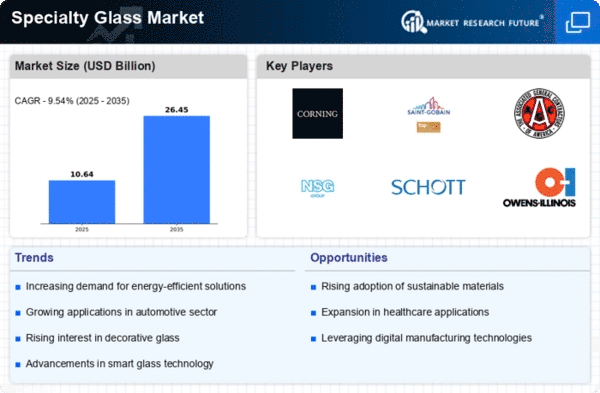
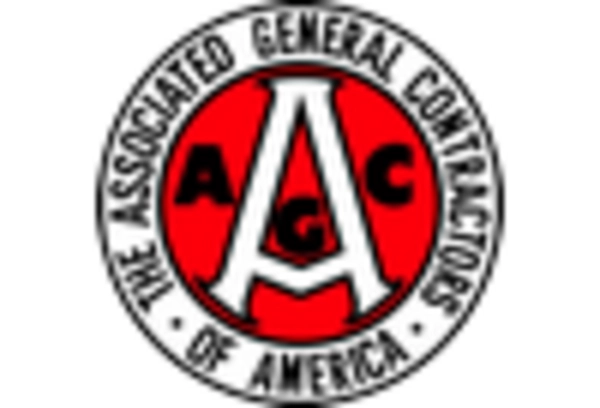
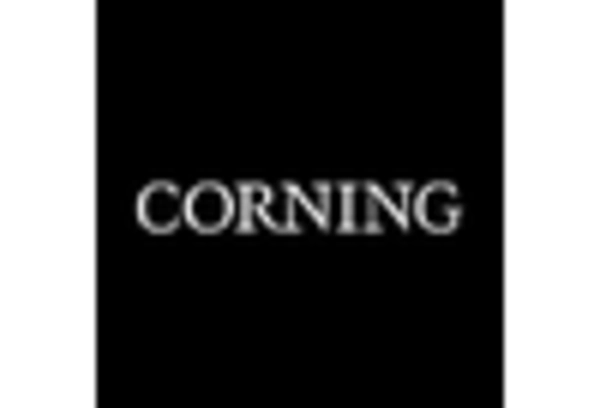
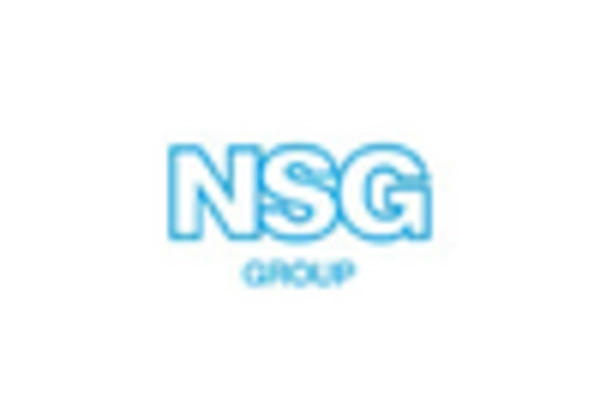
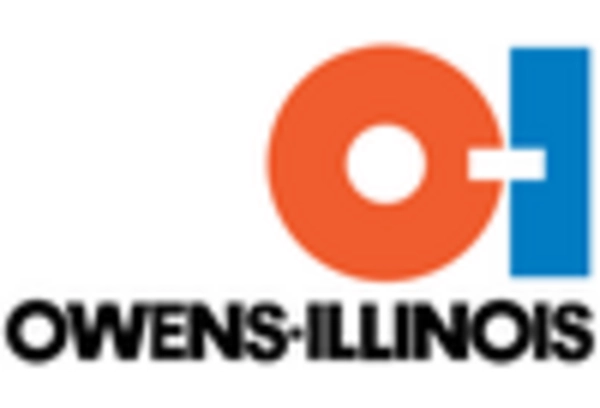

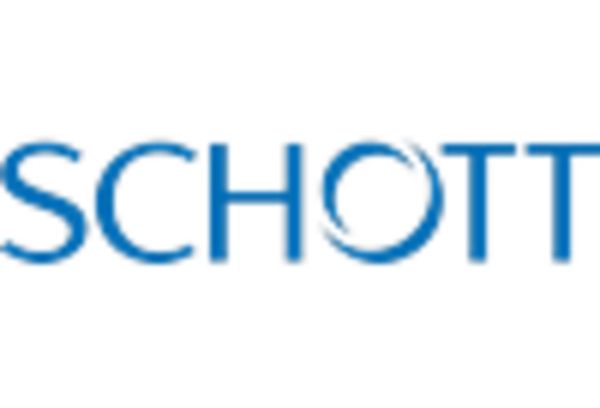









Leave a Comment